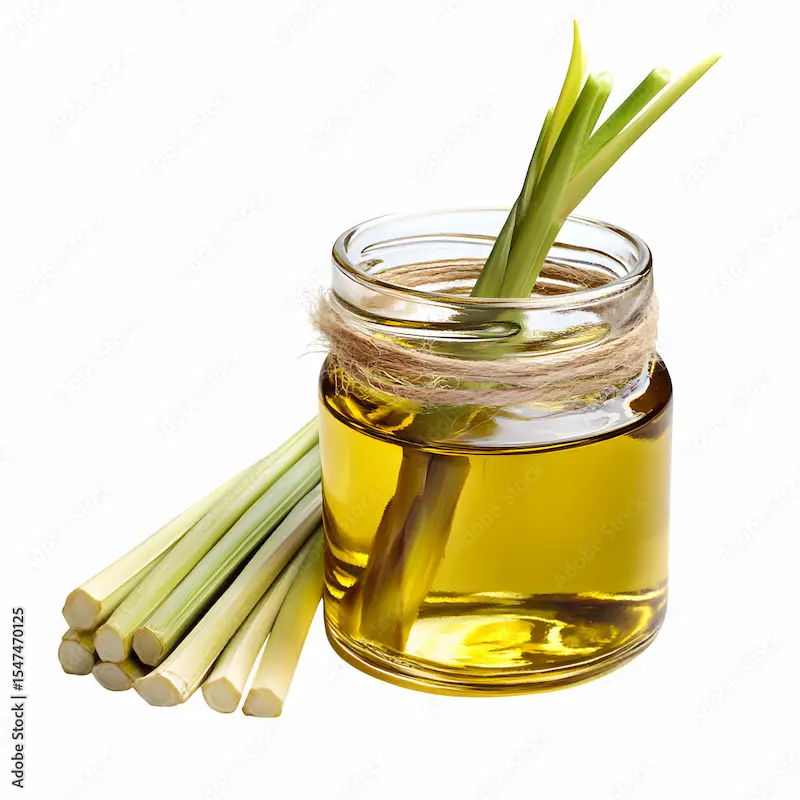Costochondritis Overview and Treatment Options
Understand costochondritis, its symptoms, causes, and treatment options. Learn how to manage chest wall pain effectively and when to seek medical advice for proper care.

Written by Dr. Siri Nallapu
Reviewed by Dr. Rohinipriyanka Pondugula MBBS
Last updated on 13th Jan, 2026

Introduction
Dealing with chest pain can be scary, especially when you don’t know the cause. If you’ve been experiencing sharp or aching pain in your chest, particularly around the ribs, you might be suffering from costochondritis. While it’s usually harmless, the discomfort can be concerning. This article will help you understand what costochondritis is, its symptoms, causes, and how to manage it effectively.
What Is Costochondritis?
Costochondritis is an inflammation of the costal cartilage, which connects your ribs to your breastbone (sternum). This condition can cause sharp, stabbing, or dull pain in the chest, often mistaken for a heart attack or other serious heart condition. However, unlike heart-related pain, costochondritis is not life-threatening and usually resolves on its own with proper care.
Consult a Top General Physician for the best advice
Common Symptoms of Costochondritis
The most noticeable symptom is chest pain, which may:
Feel sharp, aching, or pressure-like
Worsen with deep breaths, coughing, or physical activity
Be localized to one side of the chest (often left side)
Increase when pressing on the affected ribs
Unlike heart-related pain, costochondritis does not cause:
Shortness of breath
Nausea or sweating
Pain radiating to the arm or jaw
If you experience these severe symptoms, seek medical attention immediately, as they could indicate a heart problem.
What Causes Costochondritis?
The exact cause isn’t always clear, but common triggers include:
Physical strain (heavy lifting, intense exercise, or sudden movements)
Repetitive motions (from sports or work activities)
Injury or trauma (a direct hit to the chest)
Respiratory infections (coughing or sneezing can strain the rib joints)
Arthritis (in rare cases, conditions like fibromyalgia or ankylosing spondylitis may contribute)
How Is Costochondritis Diagnosed?
Doctors usually diagnose costochondritis by:
1. Physical Examination – Pressing on the rib joints to check for tenderness.
2. Medical History – Discussing symptoms and possible triggers.
3. Rule Out Other Conditions – If needed, tests like an ECG, X-ray, or blood tests may be done to exclude heart or lung issues.
Treatment Options for Costochondritis
Most cases improve within a few weeks with simple home remedies and lifestyle changes. Here’s what you can do:
1. Pain Relief Medications
Over-the-counter painkillers like ibuprofen or acetaminophen can help reduce inflammation and discomfort.
Topical pain-relieving gels (containing menthol or NSAIDs) may provide localized relief.
2. Heat or Cold Therapy
Heat pads can relax stiff muscles and improve blood flow.
Ice packs (wrapped in a cloth) can numb the area and reduce swelling.
3. Gentle Stretching & Rest
Avoid strenuous activities that worsen pain.
Gentle stretching (like deep breathing exercises) can help ease stiffness.
4. Posture Correction
Slouching or poor posture can strain the rib cage. Sit and stand straight to reduce pressure.
5. Supportive Measures
Wear loose clothing to avoid added pressure on the chest.
Sleep in a comfortable position (avoid lying on the painful side).
When to See a Doctor?
If pain persists beyond a few weeks, becomes severe, or is accompanied by:
Fever
Swelling or redness over the ribs
Difficulty breathing
Consult a doctor for further evaluation.
Can Costochondritis Be Prevented?
While it’s not always preventable, you can reduce the risk by:
Avoiding sudden heavy lifting
Practicing good posture
Stretching before exercise
Treating respiratory infections early
Final Thoughts
Costochondritis can be painful, but it’s usually temporary and manageable with self-care. If your symptoms don’t improve or worsen, don’t hesitate to seek medical advice.
Consult a Top General Physician for the best advice
Consult a Top General Physician for the best advice

Dr. Ajay K Sinha
General Physician/ Internal Medicine Specialist
30 Years • MD, Internal Medicine
Delhi
Apollo Hospitals Indraprastha, Delhi
(200+ Patients)

Dr. Dhanraj K
General Physician/ Internal Medicine Specialist
25 Years • MBBS, MD Internal Medicine - Osmania Medical College, Hyderabad
Hyderabad
Apollo Hospitals Jubilee Hills, Hyderabad
(425+ Patients)

Dr. Zulkarnain
General Physician
2 Years • MBBS, PGDM, FFM
Bengaluru
PRESTIGE SHANTHINIKETAN - SOCIETY CLINIC, Bengaluru

Dr. Anand Ravi
General Physician
2 Years • MBBS
Bengaluru
PRESTIGE SHANTHINIKETAN - SOCIETY CLINIC, Bengaluru

Dr. Harshendra Jaiswal
General Physician/ Internal Medicine Specialist
12 Years • MBBS , MD (General medicine)
Kolkata
108 DHANA DHANVANTARI Clinic, Kolkata
(25+ Patients)




